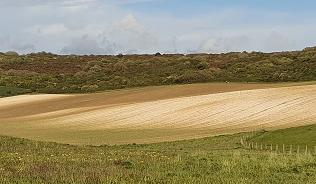The IES is pleased to announce that this year’s winner of the John Rose Award is Rose Bailey of the University of the West of England. Her researched focussed on a low carbon future for Bristol.
Bristol is the leading ‘green’ city in the UK: shortlisted for the European Green Capital Award, it is a hub of environmental businesses, technologies and research, proactively implementing sustainable energy solutions to achieve ambitious carbon reduction targets of 40% by 2020 and 80% by 2050. In her research 140 key stakeholders from the city region were invited to participate in the creation of scenarios for Bristol’s low carbon future, using a rigorous and innovative hybridisation of Delphi and backcasting techniques. The three-stage iterative consultation resulted in two broadly consensual narrative ‘visions’ for the Bristol city region in 2050: ‘global connectivity, economic growth, technology’, and ‘relocalisation, self-sufficiency, resilience’. Scenarios were tested with stakeholders and pathways to achieve them identified, highlighting areas of discontinuity with present emission trajectories to inform and future-proof local strategic policy making. Both the methodology, and the recommendations and outcomes offer transferability to other city regions.
Rose Bailey will be using the £1,000 grant to develop an animation of Bristol’s low carbon futures, in collaboration with UWE’s award winning animation department and the Bristol Architecture Centre.
More information about the research can be found on the AQMRC blog.


